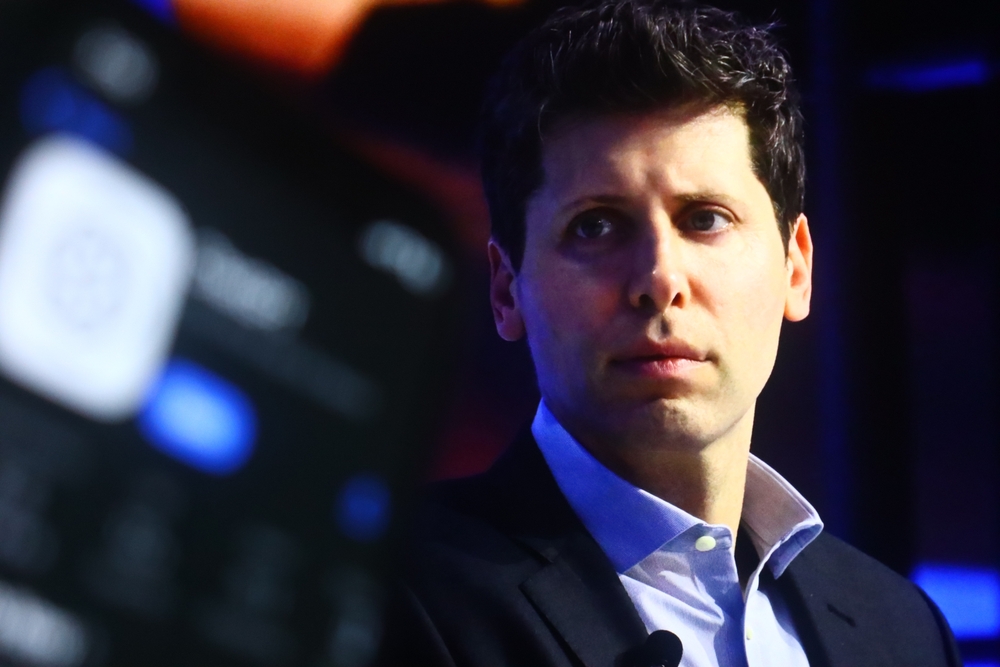OpenAI has committed to an unprecedented $1.4 trillion in computing and data center contracts, raising questions about how a startup could sustain such vast obligations
Others are reading now
OpenAI has committed to an unprecedented $1.4 trillion in computing and data center contracts, raising questions about how a startup could sustain such vast obligations — and what happens to the tech giants that stand behind them if it can’t.
The trillion-dollar plan
Between September and October 2025, OpenAI struck long-term infrastructure deals with major U.S. technology firms, including Microsoft, Amazon, and Oracle, according to reporting from Great Speculations by Trefis.
The breakdown is staggering: $38 billion to Amazon Web Services, $300 billion to Oracle for AI computing capacity, and $250 billion to Microsoft’s Azure platform. The remainder of the investment will cover Google Cloud, Nvidia hardware, and data center expansions aimed at powering next-generation AI models.
Funding the dream
So far, OpenAI has lined up around $140 billion in financing — just 10% of what it needs. Nvidia has reportedly pledged $100 billion in staged funding tied to hardware deployment, while Japan’s SoftBank is leading another $40 billion round.
That leaves a funding gap of roughly $1.26 trillion. Analysts speculate that OpenAI may turn to sovereign wealth funds or other large institutional investors, such as those in Saudi Arabia, Singapore, and Kuwait, whose combined assets exceed $3 trillion.
Also read
Risk of a chain reaction
If OpenAI fails to generate enough revenue to meet its obligations, the fallout could hit global markets hard. Amazon, Oracle, and Microsoft — whose shares have risen 15%, 55%, and 23% respectively this year on AI optimism — could face severe losses.
As Trefis notes, the total market capitalization of these firms exceeds $10 trillion, meaning even a modest disruption could cascade across the broader economy. A default or slowdown at OpenAI could unwind trillions in paper gains and spark a wider tech correction.
Beyond the hype
Still, some analysts say the risk is balanced by enormous liquidity pools worldwide. U.S. commercial banks hold more than $18 trillion in deposits, while money market funds exceed $7 trillion. If OpenAI taps even a fraction of this idle capital, its expansion could accelerate global innovation instead of destabilizing it.
But others warn that the market is overlooking a critical counterparty risk: the concentration of future AI revenue in a single, highly leveraged customer. As Trefis put it, “This is akin to selling an entire, unbuilt railroad to one mining company that hasn’t yet discovered gold.”
Diversify or be exposed
For investors, the takeaway is clear. Betting on AI through the largest technology vendors might not be as safe as it seems. A more balanced approach, analysts argue, is to hold diversified portfolios that can weather volatility if OpenAI’s trillion-dollar ambitions stumble.
Also read
Sources: Great Speculations (Trefis), Forbes, Reuters


